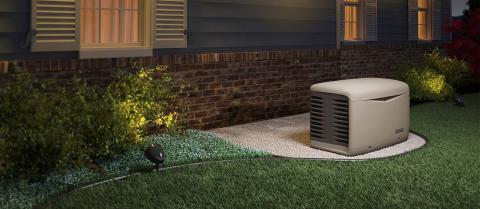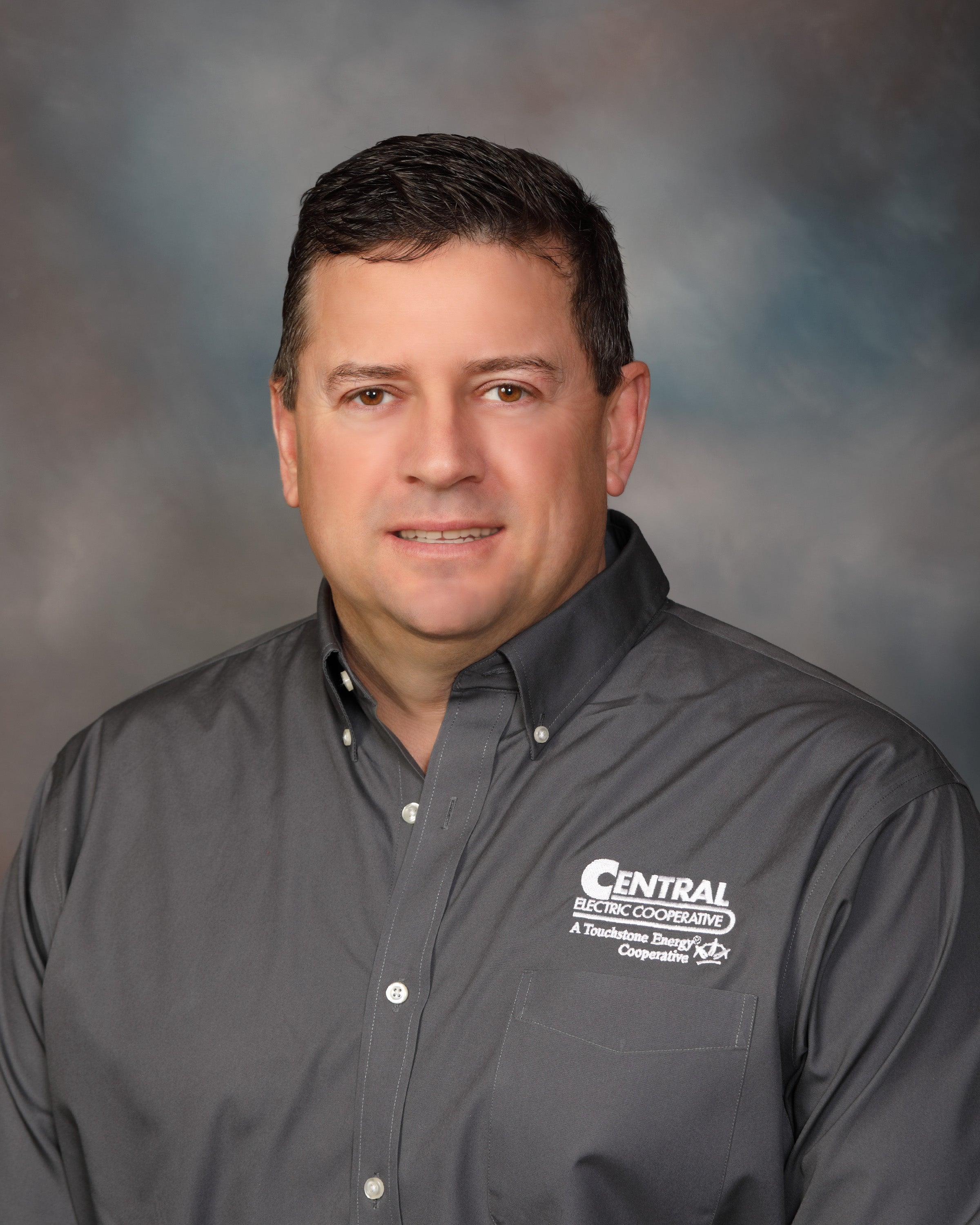
Preparing for the Moment: Generator Issues

By: Patrick Soukup, Manager of Member Services/Marketing
It has been a long cold and heating season this year ending with the reminder who really is control of our weather (Mother Nature). The April storm that had rain, sleet, ice and snow tested the endurance of many of our employees and members. This being my first major storm that significantly affected our area showed me how much I really take for granted.
Due to the intensity of the storm and with members out of power, some for hours and others up to several days, many looked to an alternative source of power. To start, members were dealing with very wet conditions prior to the storm. When the weather conditions threatened power reliability, many looked to generators for a power source.
I was in the same place during the 2005 storm that we had after Thanksgiving. My family had just welcomed my youngest son prior to that ice storm. I was working for the local hospital at the time, and they were out of power also. So I had stress on all sides trying to deal with the outage.
I thought I was ready for what happened—but I really wasn’t, and in the middle of the night, I was drilling a hole in my home to drop a cord into the house to feed the panel in my home.
So the night I lost power, I had prepared for the moment. Every gas can I had was filled up and had a fresh oil change on my 5000-watt refurbished generator. I thought I was ready for what happened—but I really wasn’t, and in the middle of the night, I was drilling a hole in my home to drop a cord into the house to feed the panel in my home.
My goal was to put the generator on the front steps and run my geothermal heating system. That was my next mistake. I really didn’t know what kind of electric load that I was trying to start. To better understand my position, I was a working electrician at the time and didn’t take into consideration the starting load of this piece of equipment.
There were other problems that surfaced during the next seven days, but the biggest issue was the quality of power my generator produced. I am not sure what day it was, but at some point, the air intake on the generator had issues getting air into the unit. I heard some different sounds coming from the unit, so I jumped up and grabbed my meter to take some voltage readings. This mistake cost me some electronic equipment that night. I metered power readings all the way down to 90 volts that night (as opposed to a proper 120 volts) and quickly shut the generator down.
Long story short, I needed to give my generator more of my attention. A good maintenance program and understanding what my generator is capable of would have better prepared me for the moment.
I now have a plan to better prepare my home and family, especially if I can’t be there. I still have the same generator, and it has seen extended operation just like in 2005. This reconditioned generator is now run or exercised every year, oil changed, and tested under load.
I now have a plan to better prepare my home and family, especially if I can’t be there. I still have the same generator, and it has seen extended operation just like in 2005. This reconditioned generator is now run or exercised every year, oil changed, and tested under load (or realistic power demands experienced during an outage) to ensure that I will have an option that will not damage any equipment in my home.
I would suggest our membership do the same with their equipment. If you have any questions about what on your generator should be tested or how, give us a call at Central Electric Cooperative so that when Mother Nature takes over again, you’re prepared for the moment.
